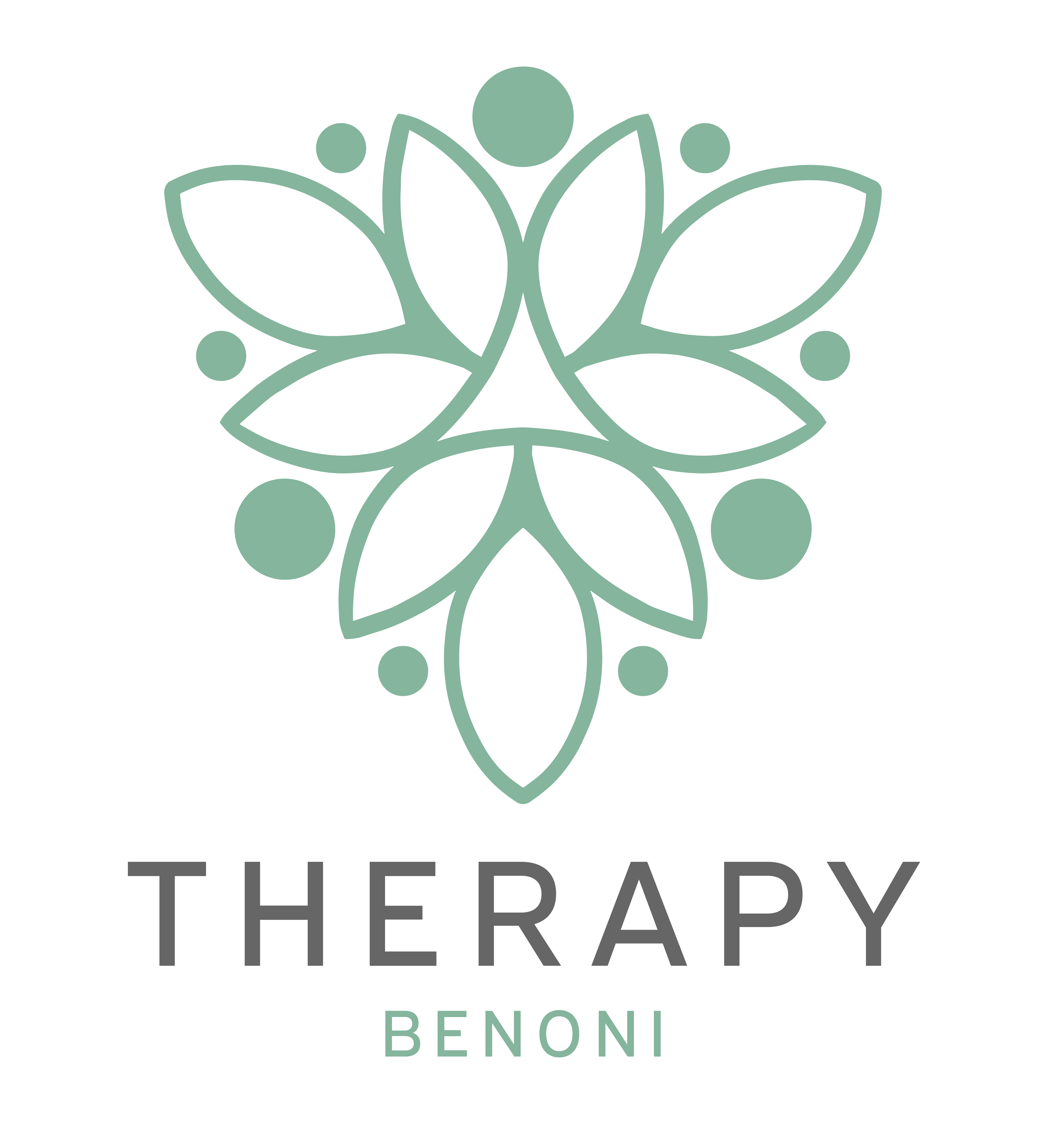ADHD Children’s Therapy Near Farrarmere
Enhancing Therapy for ADHD in children near Farrarmere through Family Support
The Role of Family in ADHD Therapy
Family involvement is crucial in managing ADHD in children. A cooperative approach can significantly enhance therapy outcomes. It provides a consistent support system for children. This integrated effort supports behavioral management and adjustment.

Strategies for Family Involvement
Engaging families in therapy helps reinforce positive behaviors. Parents learn strategies to assist with daily challenges. Activities focus on creating structured environments. Such settings are vital for children with ADHD to thrive.

Benefits of Family Therapy in ADHD
Family therapy aids in developing coping mechanisms. It helps in understanding ADHD’s impact on family dynamics. This understanding fosters patience and supportive interactions. Long-term benefits include improved relationships and reduced conflicts.
Each child’s needs dictate the therapy methods used. Customized plans address specific challenges faced by the child. These tailored interventions help manage ADHD symptoms effectively. Success is measured by improvements in daily functioning.
Role of Schools in ADHD Treatment
Schools play a supportive role in managing ADHD. Collaborative efforts between therapy teams and schools are essential. They help create a consistent approach across settings. This continuity is critical for children’s adaptation and learning.


Workshops provide practical tips for families. They offer hands-on experience in managing ADHD. Engaging activities illustrate effective communication and strategies. These workshops are instrumental in empowering parents and siblings.
Behavioral Modification Techniques
Workshops provide practical tips for families. They offer hands-on experience in managing ADHD. Engaging activities illustrate effective communication and strategies. These workshops are instrumental in empowering parents and siblings.

Confidentiality and Trust
Confidence in therapy’s confidentiality promotes openness. Trust between therapists, children, and families is paramount. A secure environment allows for honest communication. This trust is essential for effective therapy and progression.
Routine Check-ups and Adjustments
Regular assessments ensure therapy matches the child’s growth. Updates to therapy plans accommodate changing needs. These adjustments help maintain therapeutic effectiveness. Continual evaluation is crucial for successful ADHD management.


Community Support Systems
Community resources support families outside therapy. Support groups and local initiatives provide additional guidance. Engaging with community resources enhances overall therapy success. These avenues provide a broader support network.
Supporting Siblings of Children with ADHD
Therapy also focuses on siblings and their challenges. It aids siblings in understanding and adapting to ADHD. Specialized sessions help foster healthy family dynamics. Awareness and empathy are nurtured within the family unit.

Monitoring Progress and Feedback
Continuous feedback is vital for therapy adjustment. This process ensures therapies remain aligned with family goals. Regular feedback sessions help track progress. Adjustments are made based on feedback to optimize outcomes.
Accessibility of Therapy for ADHD in children near Farrarmere
ADHD therapy services are accessible in the Farrarmere area. Easy access ensures timely interventions. The proximity promotes regular attendance. This accessibility fosters consistent engagement in therapy.

Post-therapy follow-up is essential for sustained support. Planning for long-term management is integrated into therapy. Follow-ups review adjustments and discuss future plans. This ongoing support is crucial for stable management of ADHD.

Case Studies: ADHD Therapy in Farrarmere
Real-life case studies underscore therapy effectiveness. These examples provide practical insights into successful interventions. They highlight the importance of tailored approaches. Families can see the tangible benefits of specialized ADHD therapy.
Training for Therapists and Educators
Training programs enhance skills in managing ADHD. These programs educate therapists and teachers. Knowledge shared improves the support for children across environments. Training is crucial for comprehensive support of ADHD symptoms.
Raising ADHD Awareness
Awareness programs increase understanding of ADHD. They promote acceptance and reduce stigma. Enhanced awareness aids in early diagnosis and intervention. Raising awareness is critical for community support.
